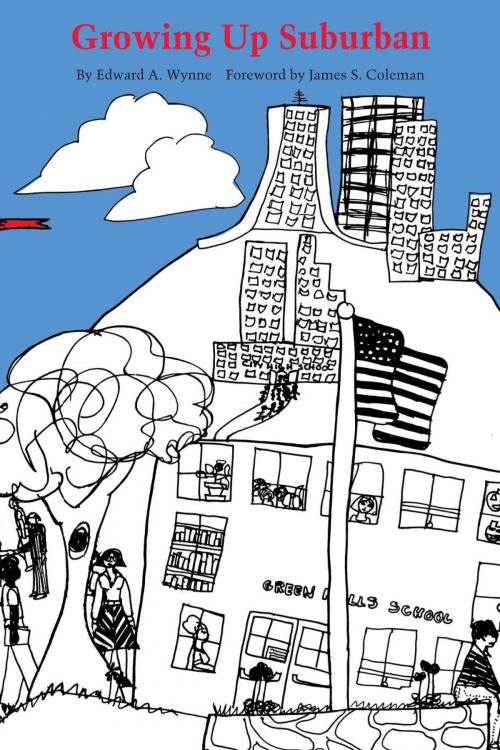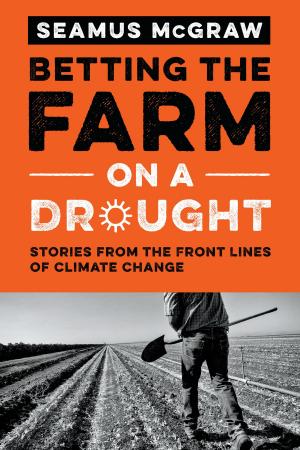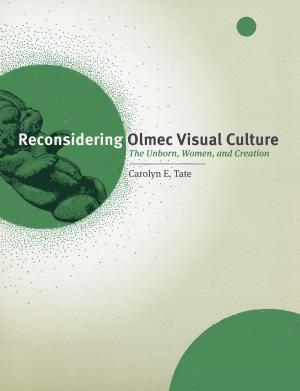Growing Up Suburban
Nonfiction, Reference & Language, Education & Teaching, Educational Theory, Educational Reform, Social & Cultural Studies, Social Science, Sociology, Urban| Author: | Edward A. Wynne | ISBN: | 9781477303528 |
| Publisher: | University of Texas Press | Publication: | September 10, 2014 |
| Imprint: | University of Texas Press | Language: | English |
| Author: | Edward A. Wynne |
| ISBN: | 9781477303528 |
| Publisher: | University of Texas Press |
| Publication: | September 10, 2014 |
| Imprint: | University of Texas Press |
| Language: | English |
The prosperous, comfortable, and homogeneous American suburb is a relatively recent institution in American history. Edward Wynne was one of the first to take a serious look at the quality of suburban childhood, where, he contends, we have ignored the developments affecting the largest pool of children and parents in America. This provocative volume argues that the total environment of the suburban youth—the school, the community, the family, and the workplace—is in need of drastic reform.Wynne advances a forthright argument for the preservation of traditional moral values and criticizes excessive individualism in fragmented modern society. Focusing on the schools and extending his discussion to the larger community, he pleads for more attention to such goals as honesty, persistence, patriotism, and loyalty.Post-industrial suburban environments, Wynne argues, do not provide the diversity of experience children must have to become successful adults. Strong community ties to the schools are basic to Wynne's thesis. Within the schools, he recommends changes in grading systems, student responsibilities and assignments, selection and training of teachers and administrators, structuring and evaluation of programs, and the socioeconomic and age mix of pupils. A feeling of cooperation and unity within the school itself is a major goal. Wynne also suggests steps for moving toward more heterogeneous, close-knit communities, where citizens have greater local control. For example, community members could restrict movement into the community and should aim for a mix of blue- and white-collar residents.Wynne's arguments clearly run counter to fashion and are sure to provoke a high level of debate among educators of differing philosophic persuasions. Civil libertarians, feminists, civil rights advocates, and others are bound to make spirited replies to many of Wynne's contentions. Growing Up Suburban will be of interest to educators, public school administrators, parents, and suburban dwellers.
The prosperous, comfortable, and homogeneous American suburb is a relatively recent institution in American history. Edward Wynne was one of the first to take a serious look at the quality of suburban childhood, where, he contends, we have ignored the developments affecting the largest pool of children and parents in America. This provocative volume argues that the total environment of the suburban youth—the school, the community, the family, and the workplace—is in need of drastic reform.Wynne advances a forthright argument for the preservation of traditional moral values and criticizes excessive individualism in fragmented modern society. Focusing on the schools and extending his discussion to the larger community, he pleads for more attention to such goals as honesty, persistence, patriotism, and loyalty.Post-industrial suburban environments, Wynne argues, do not provide the diversity of experience children must have to become successful adults. Strong community ties to the schools are basic to Wynne's thesis. Within the schools, he recommends changes in grading systems, student responsibilities and assignments, selection and training of teachers and administrators, structuring and evaluation of programs, and the socioeconomic and age mix of pupils. A feeling of cooperation and unity within the school itself is a major goal. Wynne also suggests steps for moving toward more heterogeneous, close-knit communities, where citizens have greater local control. For example, community members could restrict movement into the community and should aim for a mix of blue- and white-collar residents.Wynne's arguments clearly run counter to fashion and are sure to provoke a high level of debate among educators of differing philosophic persuasions. Civil libertarians, feminists, civil rights advocates, and others are bound to make spirited replies to many of Wynne's contentions. Growing Up Suburban will be of interest to educators, public school administrators, parents, and suburban dwellers.















